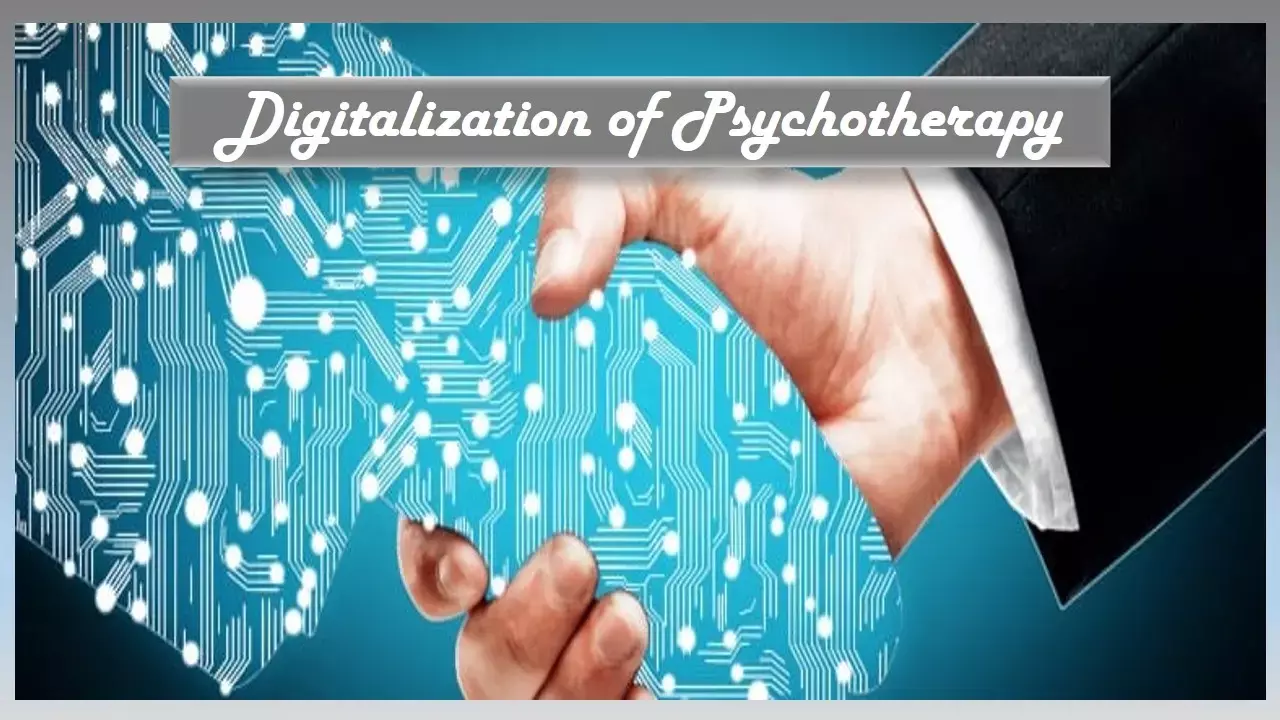- Home
- Medical news & Guidelines
- Anesthesiology
- Cardiology and CTVS
- Critical Care
- Dentistry
- Dermatology
- Diabetes and Endocrinology
- ENT
- Gastroenterology
- Medicine
- Nephrology
- Neurology
- Obstretics-Gynaecology
- Oncology
- Ophthalmology
- Orthopaedics
- Pediatrics-Neonatology
- Psychiatry
- Pulmonology
- Radiology
- Surgery
- Urology
- Laboratory Medicine
- Diet
- Nursing
- Paramedical
- Physiotherapy
- Health news
- Fact Check
- Bone Health Fact Check
- Brain Health Fact Check
- Cancer Related Fact Check
- Child Care Fact Check
- Dental and oral health fact check
- Diabetes and metabolic health fact check
- Diet and Nutrition Fact Check
- Eye and ENT Care Fact Check
- Fitness fact check
- Gut health fact check
- Heart health fact check
- Kidney health fact check
- Medical education fact check
- Men's health fact check
- Respiratory fact check
- Skin and hair care fact check
- Vaccine and Immunization fact check
- Women's health fact check
- AYUSH
- State News
- Andaman and Nicobar Islands
- Andhra Pradesh
- Arunachal Pradesh
- Assam
- Bihar
- Chandigarh
- Chattisgarh
- Dadra and Nagar Haveli
- Daman and Diu
- Delhi
- Goa
- Gujarat
- Haryana
- Himachal Pradesh
- Jammu & Kashmir
- Jharkhand
- Karnataka
- Kerala
- Ladakh
- Lakshadweep
- Madhya Pradesh
- Maharashtra
- Manipur
- Meghalaya
- Mizoram
- Nagaland
- Odisha
- Puducherry
- Punjab
- Rajasthan
- Sikkim
- Tamil Nadu
- Telangana
- Tripura
- Uttar Pradesh
- Uttrakhand
- West Bengal
- Medical Education
- Industry
Digitalization of psychotherapy: "The new road crossing old barriers"

Social anxiety disorder (SAD) is a prevalent childhood-onset disorder for which Cognitive behavioral therapy (CBT) has been advocated as the first-line treatment in clinical guidelines. But unfortunately only about 10% of individuals with SAD have reportedly ever been in contact with a doctor and even lesser have received CBT.
Digitalisation of therapeutic strategies offers fresh hope for wider reach of CBT in this subgroup of patients. In the latest issue of JAMA Psychiatry, authors Nordh et al have demonstrated through a randomised controlled trial that Internet-delivered cognitive behavioral therapy has the potential to overcome common treatment barriers and increase the availability of evidence-based psychological treatments for young people with SAD.
To assess the efficacy and cost-effectiveness of therapist-guided internet-delivered cognitive behavioral therapy (ICBT) for SAD in youths vs an active comparator, internet-delivered supportive therapy (ISUPPORT), the authors conducted a single-masked, superiority randomized clinical trial. Children and adolescents 10 to 17 years of age with a principal diagnosis of SAD and their parents were included in the study.
The therapist-guided ICBT program has the following components:
1. Psychoeducation about SAD,
2. Gradual exposure to social situations,
3. Social skills training,
4. Focus shifting (from internal to external attention),
5. Reduction of safety behaviors and avoidance,
6. Replacement of overly negative thinking with adaptive thoughts, and construction of a plan for relapse prevention.
The active comparator ISUPPORT included:
1. Psychoeducation about SAD and information about healthy habits (such as the importance of physical activities) and interpersonal relations (such as the significance friendships may have for one's well-being).
2. Similar to ICBT it also included encouragement from the therapists to generate and try strategies for handling challenging social situations and to continue to use strategies that the participant found helpful.
Crucially, none of the key components thought to constitute the active elements of CBT for SAD (eg, exposure) were included.
ICBT and ISUPPORT, both including 10 online modules, 5 separate parental modules, and 3 video call sessions with a therapist.
In this randomized clinical trial of 103 children and adolescents with a principal diagnosis of SAD and their parents, a 10-week course of ICBT was efficacious and cost-effective compared with the active comparator ISUPPORT group.
Mean (SD) Clinical Severity Risk (CSR) scores for ICBT at baseline and at the 3-month follow-up were 5.06 (0.95) and 3.96 (1.46), respectively, compared with 4.94 (0.94) and 4.48 (1.30) for ISUPPORT. Cost savings were mainly due lower medication costs and increased school productivity in the ICBT group.
"Internet-delivered cognitive behavioral therapy has the potential to overcome common treatment barriers and increase availability of evidence-based psychological treatments for this patient group", concluded the authors.
Source: JAMA Psychiatry: doi:10.1001/jamapsychiatry.2021.0469
M.B.B.S, M.D. Psychiatry
M.B.B.S, M.D. Psychiatry (Teerthanker Mahavir University, U.P.) Currently working as Senior Resident in Department of Psychiatry, Institute of Human Behaviour and Allied Sciences (IHBAS) Dilshad Garden, New Delhi. Actively involved in various research activities of the department.
Dr Kamal Kant Kohli-MBBS, DTCD- a chest specialist with more than 30 years of practice and a flair for writing clinical articles, Dr Kamal Kant Kohli joined Medical Dialogues as a Chief Editor of Medical News. Besides writing articles, as an editor, he proofreads and verifies all the medical content published on Medical Dialogues including those coming from journals, studies,medical conferences,guidelines etc. Email: drkohli@medicaldialogues.in. Contact no. 011-43720751


